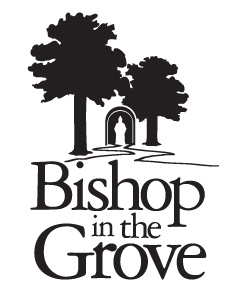Tag: episcopalianism
-

I’m Not An Expert On Paganism, But I Play One On The Internet
I’m not an expert on Paganism. If you’ve spent any time here on Bishop In The Grove you’ll know that being an expert on Paganism wasn’t why I got into blogging. I blog in order to be a better student. I ask a lot of questions. I point out the things that are curious to me or that […]
-

Where Does Belief Belong?
I’m having a difficult time identifying the right place for belief. I was brought up a Christian. Episcopalian, to be specific. Belief, for me, was connected to creeds. If you’ve never recited a creed, it goes like this: I believe X, and X is this. X did this, was this, is going to be this. […]
-
The Meaning of Prayer: A response
This post is a response to The Meaning of Prayer on Grey Wren’s Flight. Kristin, I appreciate what your fiancé said – “Prayer is an offering of time and spirit” – and I’d like to add something my husband told me. He said that of all the offerings we make to the Kindred, our sincerity may be the greatest one we have […]

